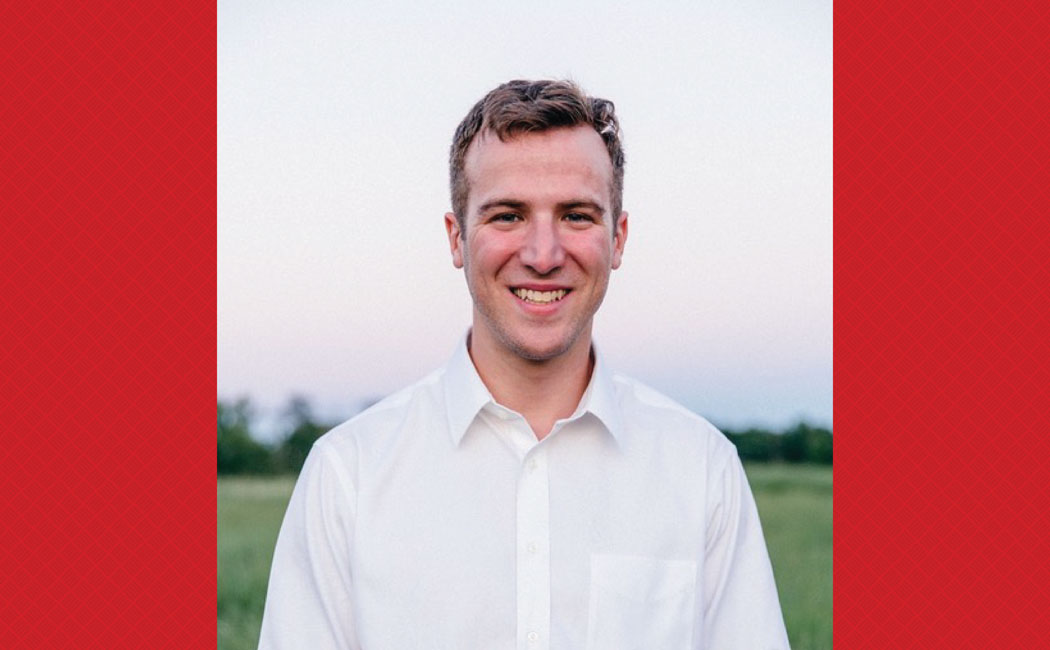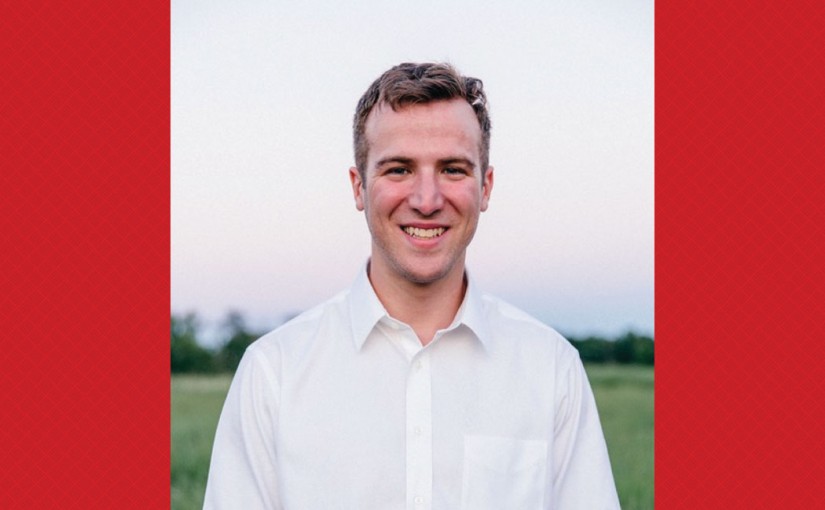
Henry Bass, a fourth-year doctoral student in school psychology, has a passion for helping youth navigate one of life’s most challenging periods: adolescence.
Bass recently received news that the Society for the Study of School Psychology will award funding for his dissertation project, which focuses on identifying the extent to which family-school partnerships improve long-term outcomes for children as they become adolescents.
The research goal is to learn whether there are lasting positive outcomes into adolescence — for example, reduced risk for depression, violence, truancy and drug use — when parents and teachers of at-risk students work as partners in elementary school to address behavioral challenges.
The funding will allow him to conduct a large-scale study that measures the long-term effectiveness of Conjoint Behavioral Consultation, an evidence-based intervention that promotes parent and teacher partnerships and joint problem-solving to address student needs at home and school. Across decades of research, CBC has consistently shown immediate improvements on child behavioral and social-emotional skills (Sheridan et al., 2012, 2017a, 2017b). Bass’ follow-up study will examine outcomes across time for a sample of rural students, most now in middle school and high school, who previously received CBC services in elementary school.
I am very proud of Henry — his study is bold, ambitious and significant. He worked hard on the application and his perseverance paid off.”
Susan Sheridan, CYFS director
“Behavioral and social-emotional concerns tend to increase in severity overtime and become more difficult to address,” Bass said. “If we can show that the effects of an early intervention can potentially lessen concerns during adolescence, then we can make a case that the intervention has a positive impact on child developmental trajectories — and long-term prognosis.”
In February, Bass will launch the year-long study in 32 rural counties across three Midwest states.
“I am very proud of Henry — his study is bold, ambitious and significant,” said Susan Sheridan, CYFS director and Bass’ advisor. “He worked hard on the application and his perseverance paid off.”
Bass is excited about the project moving forward.
“I believe it will be another step forward in ensuring that the strategies we use to address child and family needs also set a course for future success,” he said. “Interventions need to be held to a higher standard and show long-term benefits if we want to demonstrate that we are providing a real, meaningful impact on the lives of children and their families.”
Bass expects to complete his Ph.D. in school psychology from the College of Education and Human Sciences at University of Nebraska–Lincoln in May 2021. The Dallas native hopes to teach at the undergraduate or graduate level and continue his research focused on reducing adolescent risk behaviors.
